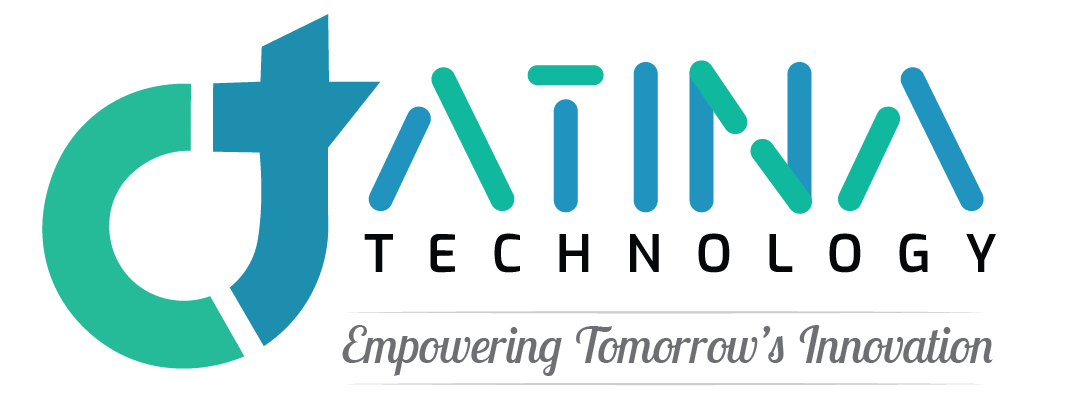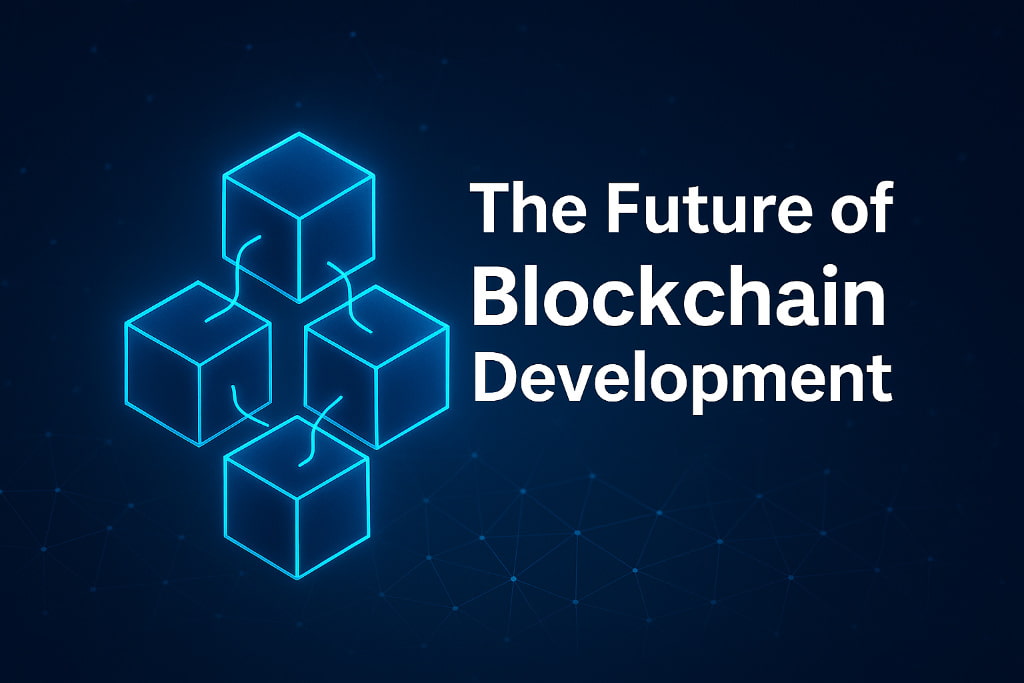Blockchain technology has come a long way since Bitcoin introduced it to the world. But we’re only scratching the surface. The future of blockchain development is full of surprises—some of them already happening right now, quietly revolutionizing industries behind the scenes.
In this blog, we’ll explore where blockchain development is heading, what new possibilities it opens, and why developers, startups, and even governments are racing to stay ahead.
1. From Cryptocurrency to Real-World Use Cases
Most people still link blockchain to Bitcoin or Ethereum. But that’s old news.
- Supply Chains: Big brands like Walmart and IBM are using blockchain to track goods from factory to store shelf.
- Healthcare: Blockchain is securing patient records and preventing data leaks.
- Voting Systems: Countries like Estonia are exploring blockchain-based elections to fight fraud.
Curious thought: If blockchain can track a mango from a farm to your fridge, what else can it make transparent?
2. Integration with AI and IoT
The combination of AI (Artificial Intelligence), IoT (Internet of Things), and Blockchain is set to create a powerful digital ecosystem.
- AI makes decisions.
- IoT collects data.
- Blockchain records it all securely and transparently.
Example? A smart fridge could order groceries on its own and log every transaction on a blockchain.
This raises a question: Could our devices soon negotiate, trade, and manage assets without us?
3. Decentralized Finance (DeFi) Is Just the Beginning
DeFi is already challenging traditional banks by offering:
- Peer-to-peer lending
- Decentralized exchanges
- Smart contract-based insurance
But the future holds “DeFi 2.0”—smarter protocols, lower risks, and deeper integration with the global economy.
What happens when millions start banking without banks?
4. Rise of Layer 2 and Scalable Solutions
One of the biggest issues with blockchain has always been scalability. Bitcoin and Ethereum get congested and expensive.
Enter Layer 2 solutions like:
- Polygon for Ethereum
- Lightning Network for Bitcoin
These technologies make blockchain faster and cheaper without sacrificing security.
Ask yourself: Will the blockchain of tomorrow feel as smooth as using a credit card today?
5. Governments and Regulations Will Shape the Future
Surprisingly, governments are not just watching—they’re participating:
- CBDCs (Central Bank Digital Currencies) are being tested by countries like China and India.
- Laws are being drafted to regulate crypto, NFTs, and smart contracts.
But regulation is a double-edged sword: It could either boost trust or limit innovation.
So the real question is: Can blockchain stay decentralized in a regulated world?
6. Tokenization of Everything
In the near future, anything of value could be turned into a digital token on the blockchain:
- Real estate
- Art and music
- Stocks and bonds
- Even your car or your identity
This creates new ways to invest, trade, and build wealth—even for those without traditional banking access.
Think about it: Could you own 1% of a luxury apartment in Dubai via a token?
7. Boom in Blockchain Developer Demand
As blockchain technology matures, the need for skilled developers is skyrocketing.
- Languages like Solidity, Rust, and Go are becoming highly valuable.
- Companies are hiring for Web3, smart contract auditing, and blockchain architecture.
Want a future-proof career? Learn blockchain development today.
8. Smarter Smart Contracts Are Coming
Smart contracts are the backbone of blockchain automation—but they’re about to get smarter.
- New tools like Chainlink, OpenZeppelin, and Oracles are allowing smart contracts to access real-world data securely.
- Smart contracts will soon react to external events like weather, stock prices, or sensor data from IoT devices.
Example? A decentralized insurance contract that automatically pays farmers if rainfall drops below a certain level.
Imagine a world where legal agreements run on code—with no middlemen, no delays, and no disputes.
Final Thoughts: Is This Just the Beginning?
Blockchain development is still evolving—and fast. The possibilities stretch far beyond crypto. From reshaping economies to transforming digital identity, the future of blockchain development is one full of curiosity, innovation, and decentralized potential.
The real question isn’t whether blockchain will change the world. It’s how fast, and who will lead it.


